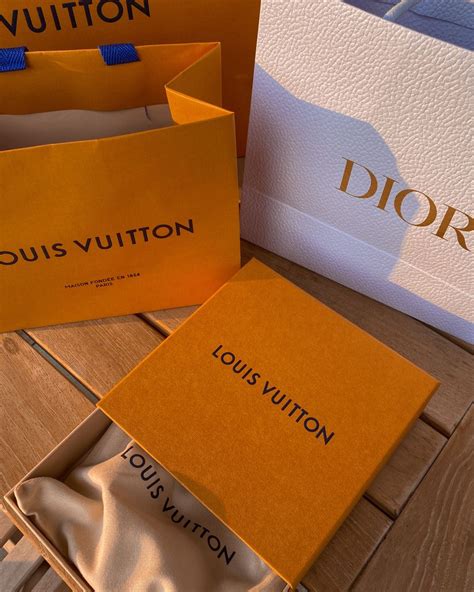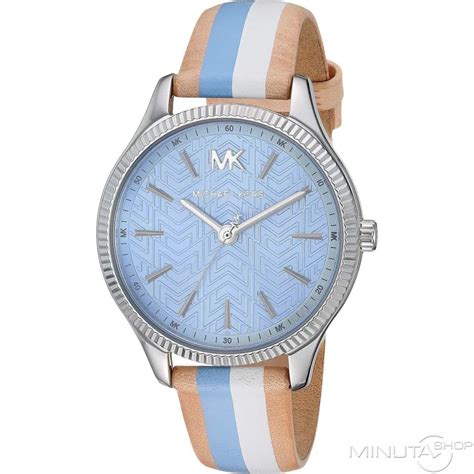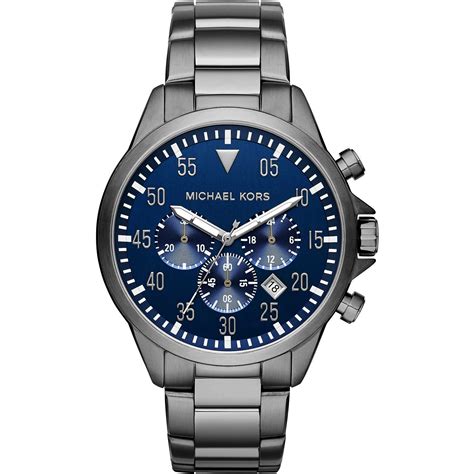lv dior | Dior france website
$202.00
In stock
The names Louis Vuitton and Dior resonate with a certain kind of power, a whisper of timeless elegance and unparalleled craftsmanship. For many, they represent the pinnacle of luxury goods, symbols of status and refined taste. But the relationship between these two iconic brands is more complex than a simple comparison of handbags or perfumes. The connection is deeply intertwined, woven into the very fabric of the world's largest luxury conglomerate, LVMH Moët Hennessy Louis Vuitton. Understanding this relationship requires exploring various facets, from ownership structures to brand identities, and delving into the historical context that shaped their current positions in the market.
Is Dior Owned by LVMH? The Core of the Connection
Yes, Dior is indeed owned by LVMH. However, the ownership structure is nuanced and involves more than just a straight "yes" or "no" answer. While LVMH controls Christian Dior Couture, the fashion house known for its haute couture, ready-to-wear, and leather goods, the picture is more complex when it comes to Dior perfumes and cosmetics (Parfums Christian Dior).
Parfums Christian Dior is directly owned by LVMH. This distinction is crucial because it reflects the historical development of the Dior brand. When Christian Dior launched his fashion house in 1946, he initially partnered with Marcel Boussac, a textile magnate, for financial backing. Boussac's company owned Parfums Christian Dior from the outset.
Later, during a period of financial difficulty for the Boussac Group, Bernard Arnault stepped in, acquiring the struggling company in 1984. This acquisition marked the beginning of Arnault's empire-building, which eventually led to the creation of LVMH.
So, while LVMH owns both Christian Dior Couture and Parfums Christian Dior, the ownership of the latter has been direct since the beginning, while the couture house was acquired later, solidifying the connection between the two iconic brands within the LVMH portfolio.
Louis Vuitton vs. Dior: A Tale of Two Luxury Giants
While both Louis Vuitton and Dior operate under the LVMH umbrella, they maintain distinct brand identities and cater to slightly different segments of the luxury market. Understanding the nuances between them is key to appreciating their individual strengths.
Louis Vuitton: Louis Vuitton, established in 1854, is renowned for its travel goods, particularly its iconic trunks and leather accessories. The brand's legacy is deeply rooted in functionality and innovation, initially designed to withstand the rigors of travel. Over time, Louis Vuitton has evolved to encompass ready-to-wear, shoes, watches, jewelry, and fragrances, but its core identity remains tied to its heritage of craftsmanship and practicality.
Louis Vuitton's aesthetic is often characterized by its bold use of its signature monogram, a symbol recognized worldwide. The brand frequently collaborates with artists and designers, injecting contemporary flair into its classic designs. Louis Vuitton is often perceived as a more accessible luxury brand, with a broader appeal to a diverse demographic.
Dior: Dior, founded in 1946, quickly rose to prominence as a symbol of post-war elegance and femininity. Christian Dior's "New Look" revolutionized the fashion world, emphasizing a cinched waist, full skirt, and soft, rounded shoulders. The brand's DNA is rooted in haute couture, showcasing meticulous craftsmanship, luxurious fabrics, and intricate embellishments.
Dior's aesthetic is often characterized by its romantic and sophisticated designs. The brand's iconic motifs, such as the Cannage pattern and the Lady Dior bag, are instantly recognizable symbols of French elegance. Dior is often perceived as a more exclusive and aspirational luxury brand, catering to a clientele that appreciates the artistry and heritage of haute couture.
Key Differences Summarized:
* Heritage: Louis Vuitton boasts a heritage rooted in travel and functionality, while Dior's heritage is rooted in haute couture and feminine elegance.
* Aesthetic: Louis Vuitton is known for its bold monogram and collaborations, while Dior is known for its romantic and sophisticated designs.lv dior
* Market Positioning: Louis Vuitton is often perceived as a more accessible luxury brand, while Dior is often perceived as a more exclusive and aspirational brand.
* Product Focus: Louis Vuitton maintains a strong focus on leather goods and travel accessories, while Dior emphasizes haute couture, ready-to-wear, and beauty products.
Does Louis Vuitton Own Dior? The Pyramid of Power
No, Louis Vuitton does not own Dior. Rather, both Louis Vuitton and Dior are owned by the same parent company, LVMH. LVMH operates as a holding company, overseeing a vast portfolio of luxury brands across various sectors, including fashion, leather goods, perfumes and cosmetics, watches and jewelry, wines and spirits, and selective retailing.
Think of it as a pyramid:
* At the top: LVMH Moët Hennessy Louis Vuitton - the parent company.
* Beneath: A multitude of luxury brands, including Louis Vuitton and Christian Dior, operating as distinct entities but under the umbrella of LVMH.
This structure allows LVMH to leverage its resources and expertise across its portfolio, while also preserving the individual identities and heritage of each brand.
Dior France Website: A Gateway to Luxury
The Dior France website (usually accessible at Dior.com with a region selector) serves as the official online presence of the brand in France and globally. It is a portal to the world of Dior, offering a comprehensive overview of the brand's collections, including:
Additional information
| Dimensions | 6.8 × 3.8 × 1.5 in |
|---|









